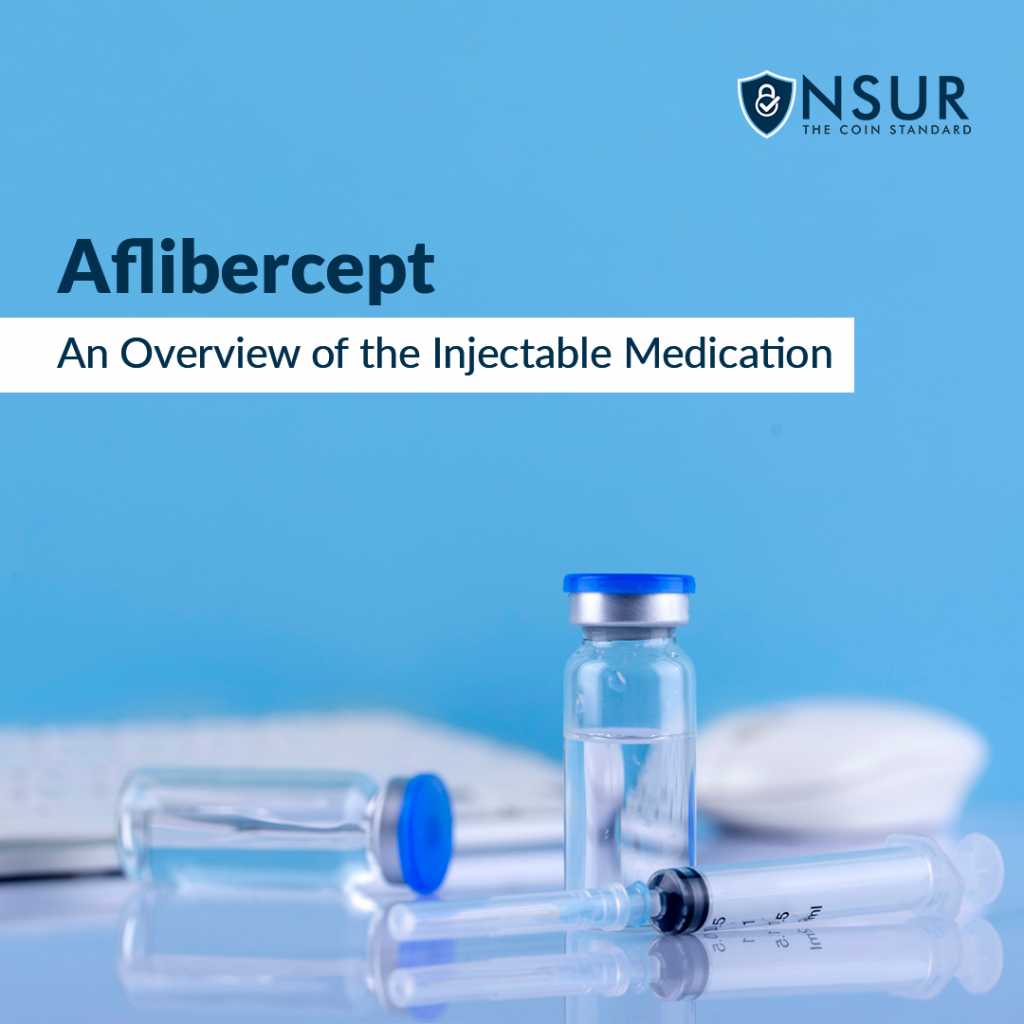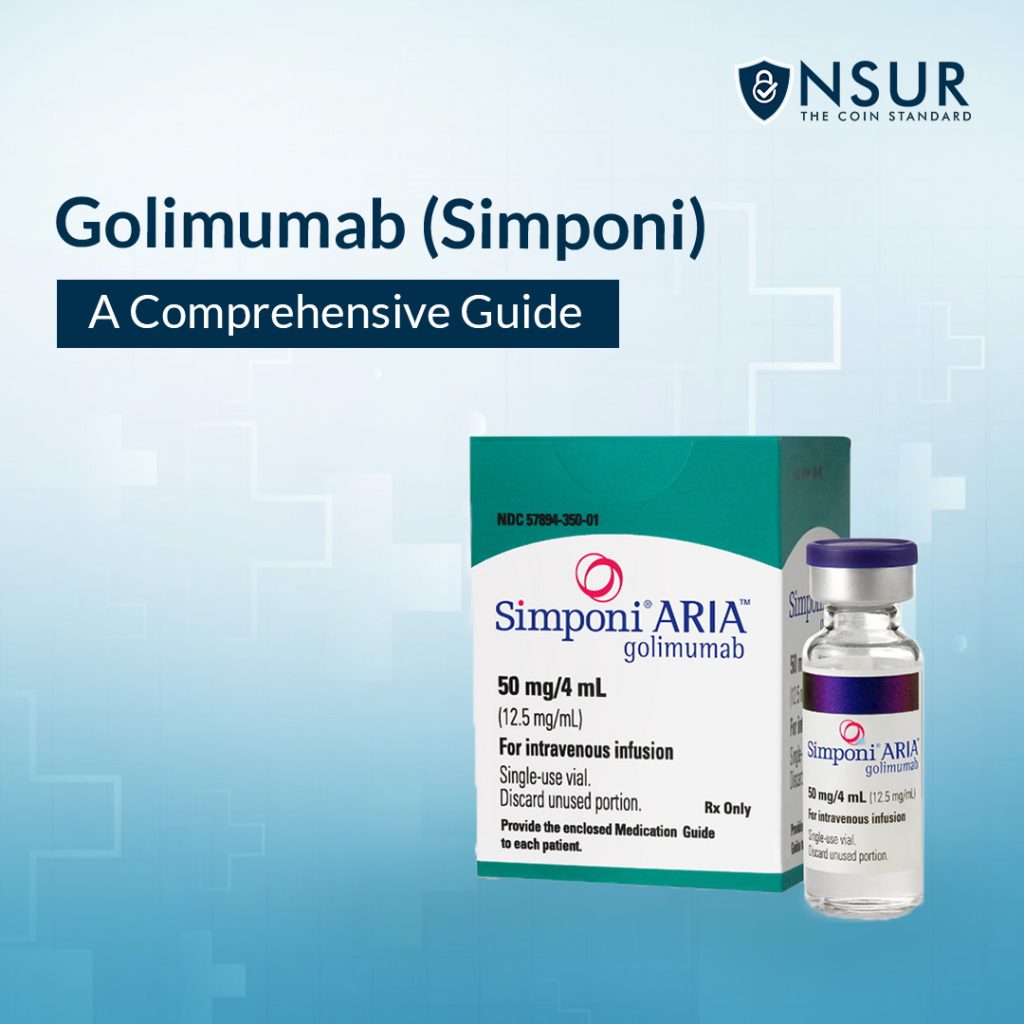
Aflibercept is a breakthrough injectable medication used to treat a range of eye conditions, such as age-related macular degeneration (AMD), diabetic macular edema (DME), and macular edema resulting from retinal vein occlusion (RVO). This post will provide an overview of Aflibercept, including its mechanism of action, indications, administration, and potential side effects.
What is Aflibercept?
Aflibercept, also known under the brand name Eylea, is an anti-vascular endothelial growth factor (VEGF) drug. It is a soluble fusion protein that is designed to bind to and inhibit the action of VEGF-A and placental growth factor (PlGF). These two proteins are involved in the formation of new blood vessels and increased vascular permeability, which can lead to the development of vision-threatening conditions.
How Does Aflibercept Work?
The main mechanism of action for Aflibercept is its ability to bind to VEGF-A and PlGF. By doing so, it prevents these proteins from binding to their receptors on the surface of endothelial cells, which are responsible for forming new blood vessels. This inhibits the growth of abnormal blood vessels and reduces the leakage of fluid and blood in the retina, ultimately improving visual acuity and reducing the risk of vision loss.
Indications and Usage
Aflibercept has been approved for the treatment of several eye conditions, including:
- Wet Age-Related Macular Degeneration (wet AMD): Aflibercept has been shown to be effective in slowing the progression of wet AMD, a leading cause of vision loss in older adults.
- Diabetic Macular Edema (DME): Aflibercept is used to treat DME, a common complication of diabetes that can cause vision loss and blindness.
- Macular Edema following Retinal Vein Occlusion (RVO): Aflibercept is used to treat macular edema resulting from either branch or central retinal vein occlusion, which can lead to vision loss.
Administration
Aflibercept is administered as an intravitreal injection, which means it is injected directly into the vitreous cavity of the eye. The procedure is typically performed under local anesthesia in an outpatient setting by a qualified ophthalmologist. The frequency of injections depends on the condition being treated and the patient’s response to therapy.
Potential Side Effects
Like all medications, Aflibercept may cause side effects. Common side effects include:
- Eye pain, redness, or irritation
- Blurred vision or seeing floaters
- Increased intraocular pressure
In rare cases, Aflibercept may cause more serious side effects, such as:
- Infection or inflammation inside the eye
- Retinal detachment or tear
- Blood clots or stroke
If you experience any concerning side effects, it is essential to contact your healthcare provider immediately.
Conclusion
Aflibercept is an innovative injectable medication used to treat a range of vision-threatening eye conditions. By targeting VEGF-A and PlGF, it can slow the progression of these conditions and improve visual acuity. As with any medical treatment, it is crucial to discuss your options with a qualified healthcare professional to determine if Aflibercept is right for you.
Take advantage of NSURx for your prescription drugs!
With the NSURx Prescription Benefit Card, you can save money on you
r medications at more than 35,000 pharmacies across the United States.
You can save up to 80% on your medication by using an NSURx card. Hundreds of dollars in savings could be yours every time you fill out your prescription.
The more you shop with NSURx, the more NSUR Coins you will receive as a reward.
Reference:











